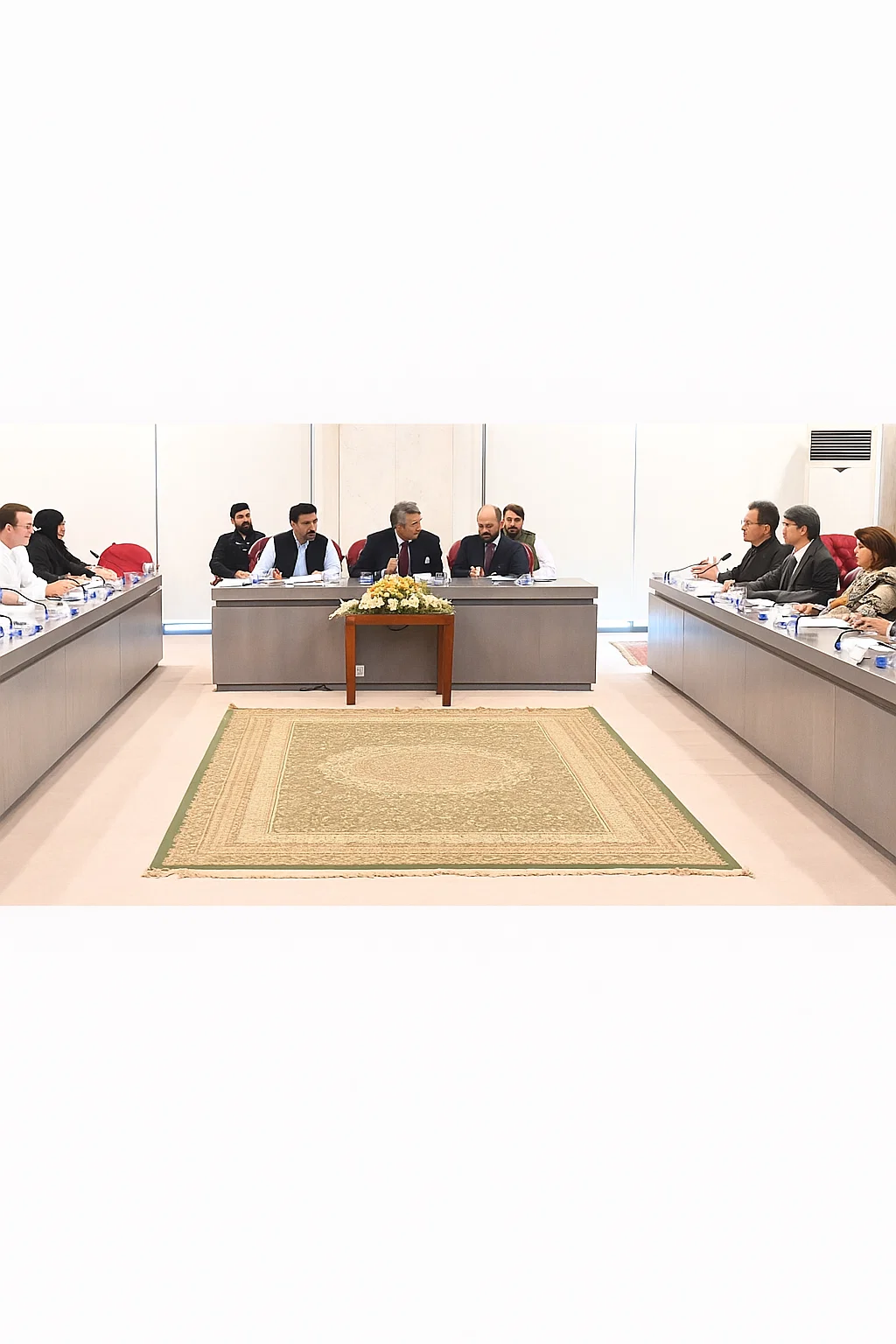The Pakistan Telecommunication Authority (PTA) has launched one of its strongest enforcement actions in years, suspending the PTA licences of five long-distance international (LDI) operators after they failed to clear massive outstanding dues. This decisive step underscores the regulator’s growing resolve to hold defaulters accountable and protect the integrity of Pakistan’s telecom sector.
The Scale of the Dues
According to official data, LDI operators collectively owe nearly Rs80 billion to the government. This staggering figure includes Rs24 billion in principal dues and Rs56 billion in late payment surcharges, which have built up over several years of non-compliance.
The suspension of these PTA licences reflects the authority’s frustration with repeated delays, legal maneuvering, and lack of commitment from operators to settle their obligations.
Legal Challenges to PTA Licences
In an effort to avoid paying their dues, the defaulting LDI operators filed multiple writ petitions in courts across the country. They argued that the regulator lacked the legal authority to demand such charges.
However, the courts dismissed these petitions, declaring them not maintainable. This ruling effectively strengthened PTA’s position and paved the way for the suspension of the contested PTA licences.
Hearings Before Suspension
Before finalizing its decision, the PTA conducted individual hearings for each of the five LDI companies. During these sessions, the operators were given a chance to explain their positions and commit to a repayment plan.
Despite these opportunities, none of the firms offered concrete assurances. Their failure to cooperate left the regulator with little choice but to suspend their PTA licences in accordance with established laws and procedures.
Impact on Services
Following the suspension orders, the PTA directed all cellular mobile operators to terminate telecommunication services to the defaulting LDI companies immediately. Additionally, Class Value-Added Service (CVAS) licence holders were instructed to cease all services provided to these firms without delay.
This means that the suspended PTA licences are effectively non-operational, cutting off the companies from both wholesale and retail telecom markets.
Broader Industry Context
Currently, Pakistan has a total of 13 LDI operators. Out of these, four successfully renewed their licences in 2024, while licences for seven others expired during the same year. The remaining two licences are due to expire in 2025 and 2026, respectively.
This renewal and expiry cycle highlights the regulator’s broader focus on compliance and transparency. The recent crackdown shows that suspended PTA licences are not isolated cases, but part of a wider effort to ensure accountability in the telecom sector.
READ MORE:
https://freedompakistan.com.pk/it-exports/
Why PTA Licences Enforcement Matters
The suspension of these PTA licences carries broader implications for the sector. First, it sends a clear signal to all telecom operators that financial obligations cannot be ignored. Second, it protects the government’s revenue stream, which depends on dues from the telecom industry. Third, it reassures investors and stakeholders that Pakistan’s regulatory environment upholds the rule of law.
In short, strict enforcement of PTA licences strengthens the credibility and stability of the telecom sector at large.
PTA Licences and Investor Confidence
For international investors, regulatory clarity is often the deciding factor in choosing new markets. By taking decisive action, the PTA is not only safeguarding public revenues but also demonstrating that Pakistan’s telecom industry is governed by transparent rules.
The suspension of non-compliant PTA licences assures investors that defaulting companies cannot escape accountability through legal loopholes or delays. This contributes to a healthier, more competitive market.
Lessons for Telecom Operators
The crackdown offers important lessons for existing and future LDI operators. It underscores the need for timely payment of dues, transparent operations, and cooperation with the regulator. Companies that fail to meet these standards risk losing their PTA licences, which are the legal foundation of their business.
In the long run, compliance is not just about avoiding penalties—it is about building sustainable relationships with regulators, customers, and investors.
The Way Forward
The suspension of these PTA licences is unlikely to be the last enforcement action in the sector. As the government faces growing fiscal challenges, revenue collection from telecom operators will remain a priority.
For the PTA, the focus now is on ensuring that all operators, whether local or international, respect the legal framework. Strong enforcement, backed by court rulings, is expected to continue shaping the sector in the coming years.
Conclusion: A Landmark Case in PTA Licences Enforcement
The suspension of five LDI operators marks a landmark case in Pakistan’s regulatory history. By suspending their PTA licences, the authority has demonstrated its determination to enforce compliance, safeguard revenue, and maintain industry credibility.
As the telecom landscape evolves, the message is clear: operators must honor their commitments or risk losing their right to operate. The case of these suspended PTA licences will likely be remembered as a turning point in Pakistan’s telecom regulation—one where accountability and enforcement became the new standard.












